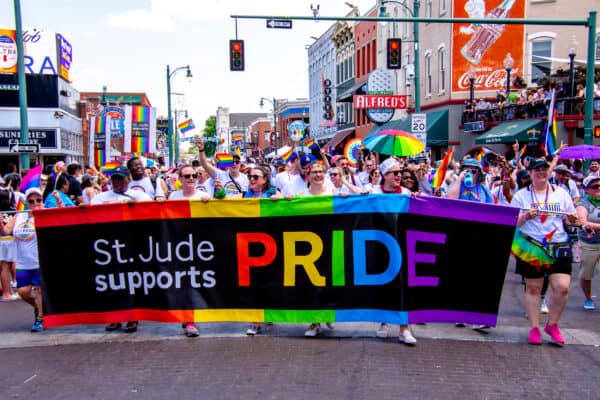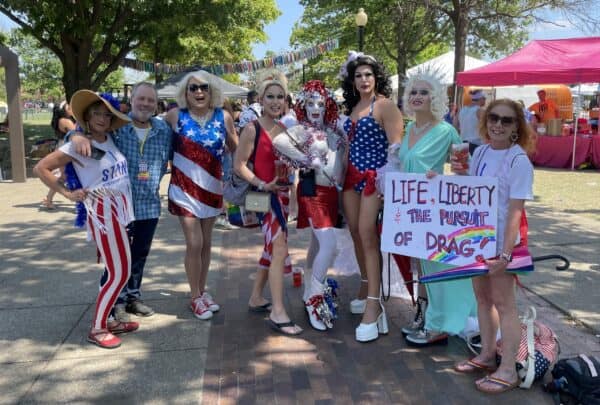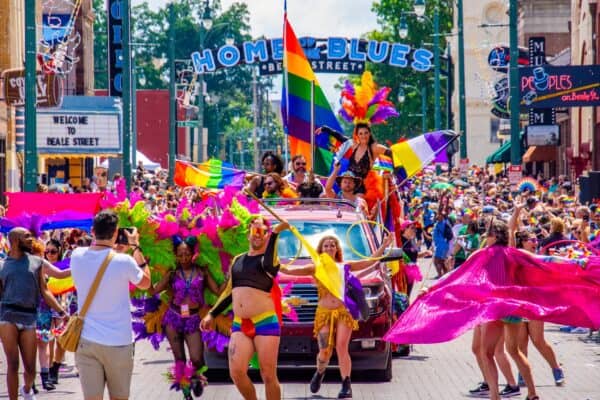In the tapestry of Memphis’ TLGBQ+ history, the summer of 1980 marks a vibrant chapter, akin to a Mayflower moment – the city’s inaugural Gay River Cruise. More than just a social gathering, this event embodied a profound statement of visibility and unity, gracefully charting its course upon the waters of the mighty Mississippi. It reflected a community not just coming into its own but embarking on a journey toward liberation.
As the late 1970s gave way to the 1980s, the TLGBQ+ movement nationwide was gaining momentum, riding the waves of the Stonewall uprising and the burgeoning fight for rights and recognition. Memphis, with its own burgeoning gay community, was no exception. The local activists, seeking to carve out a space of joy and solidarity, turned their eyes to the river that had long been the lifeblood of their city.
The cruise, set afloat following the 1980 Pride Week Picnic organized by the Memphis Gay Coalition, was a masterstroke of community-building. The decision to host it on the Memphis Queen II Riverboat was both symbolic and strategic. The riverboat, a vessel that had navigated the waters of tradition and commerce, now became a floating haven for celebration and freedom.
Picture it: The sun setting over the Mississippi, casting a golden hue over the waters. Aboard the Memphis Queen II, over a hundred members of the TLGBQ+ community and their allies gathered, some perhaps cautious but all curious and hopeful. The air was abuzz with excitement, laughter mingling with the lilt of music, the boat cutting through the waters as if charting a new course for the community’s journey.
This was not just a pleasure cruise; it was a voyage of defiance and assertion. In a time when being openly TLGBQ+ was fraught with risk and stigma, each attendee was making a statement. They were not merely passengers on a boat; they were navigators of their destiny, charting a course toward a future where their presence would not just be tolerated but celebrated.
The cruise offered a glimpse of what a more inclusive world might look like. For a few hours, the riverboat was a microcosm of hope, a place where one could love and exist freely, away from the constraints of the shore. It was a powerful testament to the resilience and camaraderie of the TLGBQ+ community in Memphis, a beacon of progress in a landscape often dominated by conservative values.
As the night enveloped the river, the lights of the city twinkling like distant stars, the significance of the event was not lost on those aboard. They were part of something transformative, a movement gaining strength and visibility. The first Gay River Cruise in Memphis was more than an event; it was a milestone, a buoyant declaration that the TLGBQ+ community, like the river itself, would keep flowing, keep moving forward, and refuse to be dammed.


